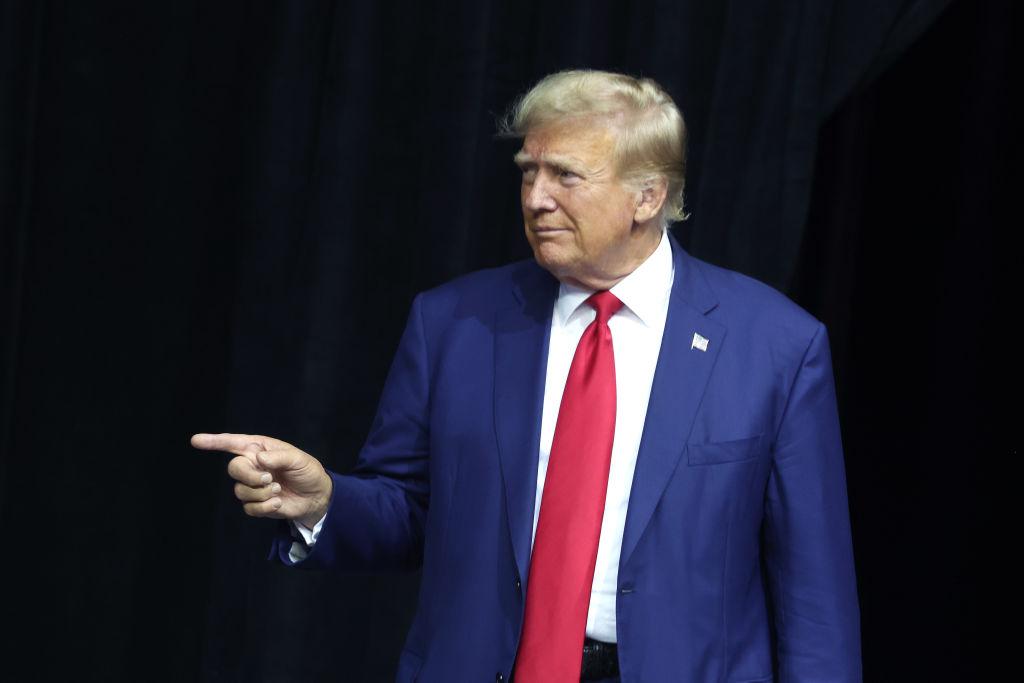Liberal groups have been trying to drum up support for barring former President Trump from seeking office again since 2021, arguing that his actions on Jan. 6 constituted an “insurrection” that disqualify him from running for reelection as per the 14th Amendment. The group Free Speech for People sent letters to top election officials in all states that year, garnering little momentum for the idea.
But recently, as the former president and GOP frontrunner continues to lead in the polls, the idea has picked up steam again, and a number of groups are petitioning secretaries of state to pull President Trump from their primary ballots, while legal experts opine in various media outlets.





